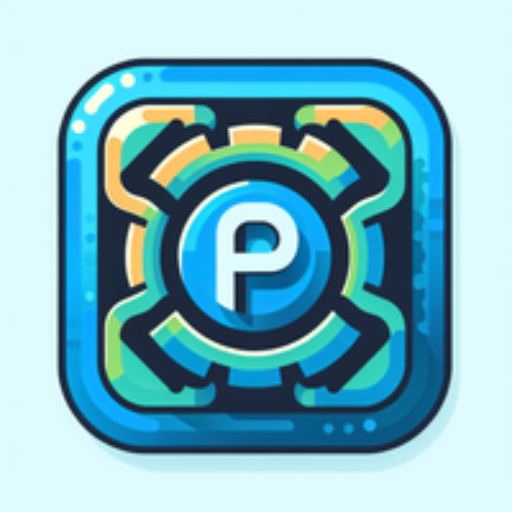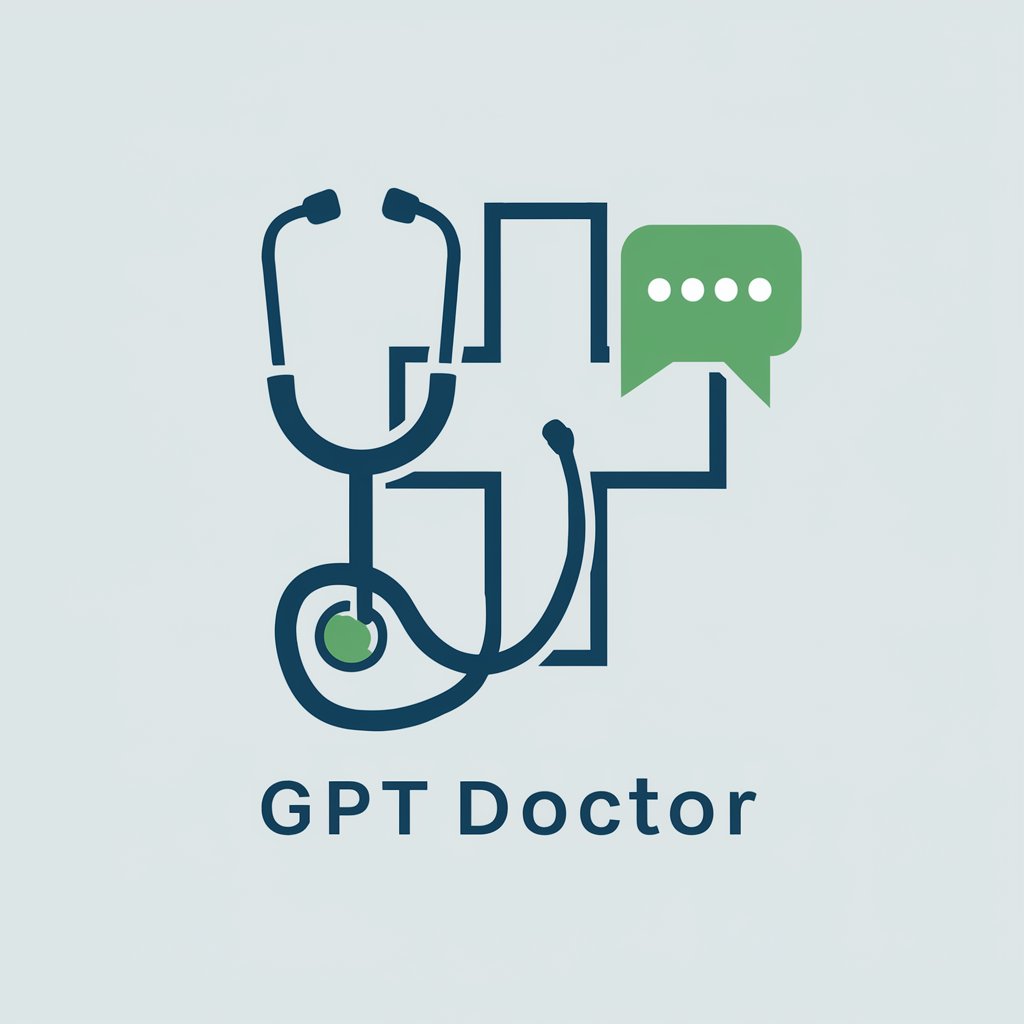
Space GPT-space-focused AI assistant tool
AI-Powered Knowledge for Space Exploration

A GPT specializing in space exploration and celestial phenomena.
Explain black holes
What's the significance of the James Webb Space Telescope?
Details about the Milky Way
History of the space race
Tell me about Mars
How do astronauts prepare for long-term space missions?
Can you describe the lifecycle of a star?
What is the importance of the International Space Station?
Can you describe the lifecycle of a star?
What are the most promising exoplanets discovered so far?
What's the role of dark matter in the universe?
Get Embed Code
IntroductionSpace GPT Overview to Space GPT
Space GPT is a specialized version of ChatGPT tailored specifically for providing detailed, accurate, and up-to-date information about space science, astronomy, astrophysics, and related technologies. It operates with enhanced research capabilities through web access, allowing it to fetch the latest discoveries, mission updates, and scientific publications. Unlike general-purpose language models, Space GPT maintains a formal and professional tone, and it adapts its explanations based on user expertise—from laypersons to domain experts. For example, a casual user might ask about the phases of the Moon, while a researcher could inquire about the latest spectral data from the James Webb Space Telescope (JWST). Space GPT adjusts its responses accordingly, ensuring clarity, accuracy, and depth. Scenarios include explaining complex phenomena such as black hole accretion disks with illustrative analogies or offering real-time tracking and data links for current space missions like Artemis II or the Mars Sample Return program.
Core Functions of Space GPT
Real-Time SpaceSpace GPT Functions and Users Information Retrieval
Example
Fetching the latest telemetry or mission data from space agencies like NASA, ESA, or private entities such as SpaceX.
Scenario
A user wants to know the current status of the Europa Clipper mission. Space GPT uses its web tool to access up-to-date information from official sources and summarizes the mission status, upcoming milestones, and scientific objectives.
Educational and Conceptual Explanation
Example
Providing an in-depth explanation of gravitational lensing or stellar nucleosynthesis.
Scenario
A physics teacher preparing a lesson on general relativity asks Space GPT to explain how gravitational lensing can be used to detect dark matter. Space GPT delivers a step-by-step breakdown, enriched with historical context and modern examples like the Hubble Frontier Fields observations.
Visualization and Image Generation
Example
Creating scientifically inspired images, such as a conceptual view of a wormhole or an AI-generated image of the Milky Way’s galactic center.
Scenario
A science communicator requests 10 illustrative images of iconic space phenomena for a presentation. Space GPT uses image generation tools to produce accurate and engaging visuals labeled and contextualized for educational use.
Target Users of Space GPT
Students and Educators
This group includes high school and university students, as well as teachers and professors. They benefit from Space GPT's ability to simplify complex topics, provide accurate educational content, generate illustrations for lectures, and offer real-time data access for project work.
Space Professionals and Enthusiasts
This includes researchers, aerospace engineers, astronomers, and space enthusiasts. Space GPT supports this group by offering detailed technical explanations, up-to-date mission tracking, and insights into theoretical and observational developments. Its ability to synthesize recent papers or announcements is particularly valuable for professionals staying current in a rapidly evolving field.
How to Use Space GPT EffectSpace GPT Usage Guideively
1. Access the Platform
Visit aichatonline.org for a free trial without login, also no need for ChatGPT Plus. You can begin using Space GPT immediately with full access to its features.
2. Choose or Formulate Your Question
Clearly frame your query related to space science, astronomy, astrophysics, space technology, or exploration. The more specific your question, the more targeted the response.
3. Adjust Detail Level if Needed
Specify your knowledge level (e.g., beginner, intermediate, expert) to receive appropriately detailed answers. This ensures the explanation matches your comprehension level.
4. Utilize Web Integration for Updates
When seeking the latest space news or missions, use the 'web' function within the chat to access real-time information from reliable sources.
5. Review and ReuseSpace GPT Guide Responses
Save or export detailed answers for academic research, teaching, or presentations. You may also refine or follow up on any answer for deeper insights.
Try other advanced and practical GPTs
US History GPT
AI-Powered Tool for Exploring U.S. History

Mentor clínico
AI-powered clinical psychology guide for therapy models and practice

SEO Title & Meta Description Generator
AI-powered SEO titles & meta in seconds

Meeting minutes, summaries and actions
AI-powered summaries for every meeting

GPT2-CHATBOT
AI-Powered Thought Engine for All Minds

PyCharm Expert
AI-driven assistant for Python development in PyCharm

AI HVAC ENGINEER
AI-powered HVAC standards and design assistant

The Four Futures Planner
AI-powered tool for exploring future scenarios

AI Intern
AI-powered assistant for smarter work

中英自动翻译
AI-driven translation between Chinese & English.

技术交底书辅助-绿洲慧写专利辅助撰写系统
AI-powered drafting for strong patent protection

Actas de Juntas v1.5 -Fincasplus Elite & Adminbyte
AI-powered drafting for official meeting records

- Data Analysis
- Research Support
- Space Education
- Mission Tracking
- Astrophysics Insights
Frequently Asked Questions About Space GPT
What topics does Space GPT specialize in?
Space GPT is focused exclusively on topics related to astronomy, astrophysics, cosmology, space missions, planetary science, and emerging space technologies. It integrates real-time data when needed and adapts responses based on user expertise.
Can Space GPT access real-time space news and data?
Yes. With web access, Space GPT can fetch the latest updates from reputable space agencies and news outlets, including NASA, ESA, and scientific journals. This ensures answers are timely and evidence-based.
How does Space GPT differ from general-purpose AI models?
Unlike general AI models, Space GPT is tuned specifically for the space domain. It maintains a formal tone, avoids casual language, and provides scientifically rigorous, peer-aligned content tailored to space-related inquiries.
Is Space GPT suitable for academic and professional use?
Absolutely. Space GPT is designed for academic writing, educational content, scientific analysis, and technical consultation. It supports citations, structured explanations, and domain-specific accuracy.
Can I use Space GPT in multiple languages?
Yes, Space GPT supports multilingual interaction. While English is the default, it can respond fluently in other languages upon request, maintaining the same level of scientific precision.






